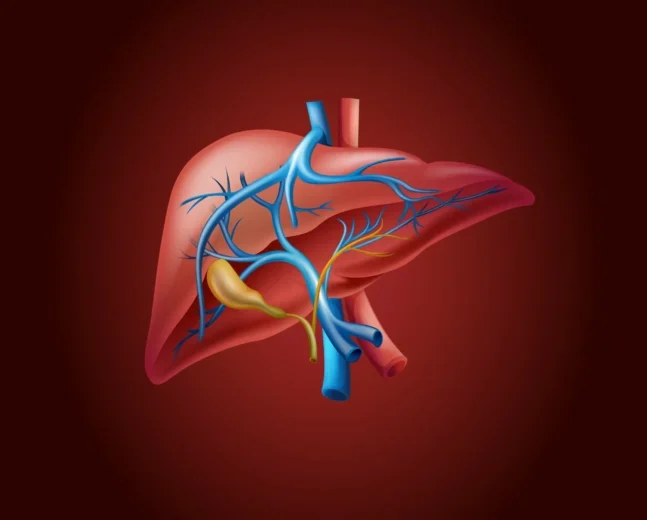Consuming excessive sugar places strain on the liver, which metabolizes it. This can lead to fat accumulation, insulin resistance, elevated triglycerides, and inflammation, potentially progressing to liver diseases like NAFLD, fibrosis, and cirrhosis.
Here are some potential impacts on the liver:
- Increased Fat Accumulation: Excess sugar can lead to increased fat accumulation in the liver, a condition known as non-alcoholic fatty liver disease (NAFLD). This can eventually progress to more serious conditions like non-alcoholic steatohepatitis (NASH), liver fibrosis, and cirrhosis.
- Insulin Resistance: High sugar intake can contribute to insulin resistance, where the cells become less responsive to insulin. Insulin resistance is closely linked to NAFLD and can lead to further liver damage.
- Inflammation: Sugar consumption, especially in excessive amounts, can trigger inflammation in the body, including the liver. Chronic inflammation can contribute to liver damage and increase the risk of developing liver diseases.
- Increased Risk of Type 2 Diabetes: Excessive sugar consumption is a significant risk factor for developing type 2 diabetes. Diabetes, particularly when poorly controlled, can increase the risk of liver damage and complications.
- Altered Lipid Metabolism: High sugar intake can disrupt lipid metabolism in the liver, leading to elevated levels of triglycerides and LDL cholesterol, which are risk factors for cardiovascular disease and can also contribute to liver damage.
Overall, regularly consuming excessive amounts of sugar can contribute to various liver problems, including fatty liver disease, inflammation, insulin resistance, and ultimately, more severe liver damage. It’s essential to maintain a balanced diet low in added sugars to support liver health and overall well-being.







